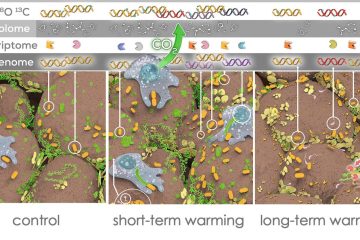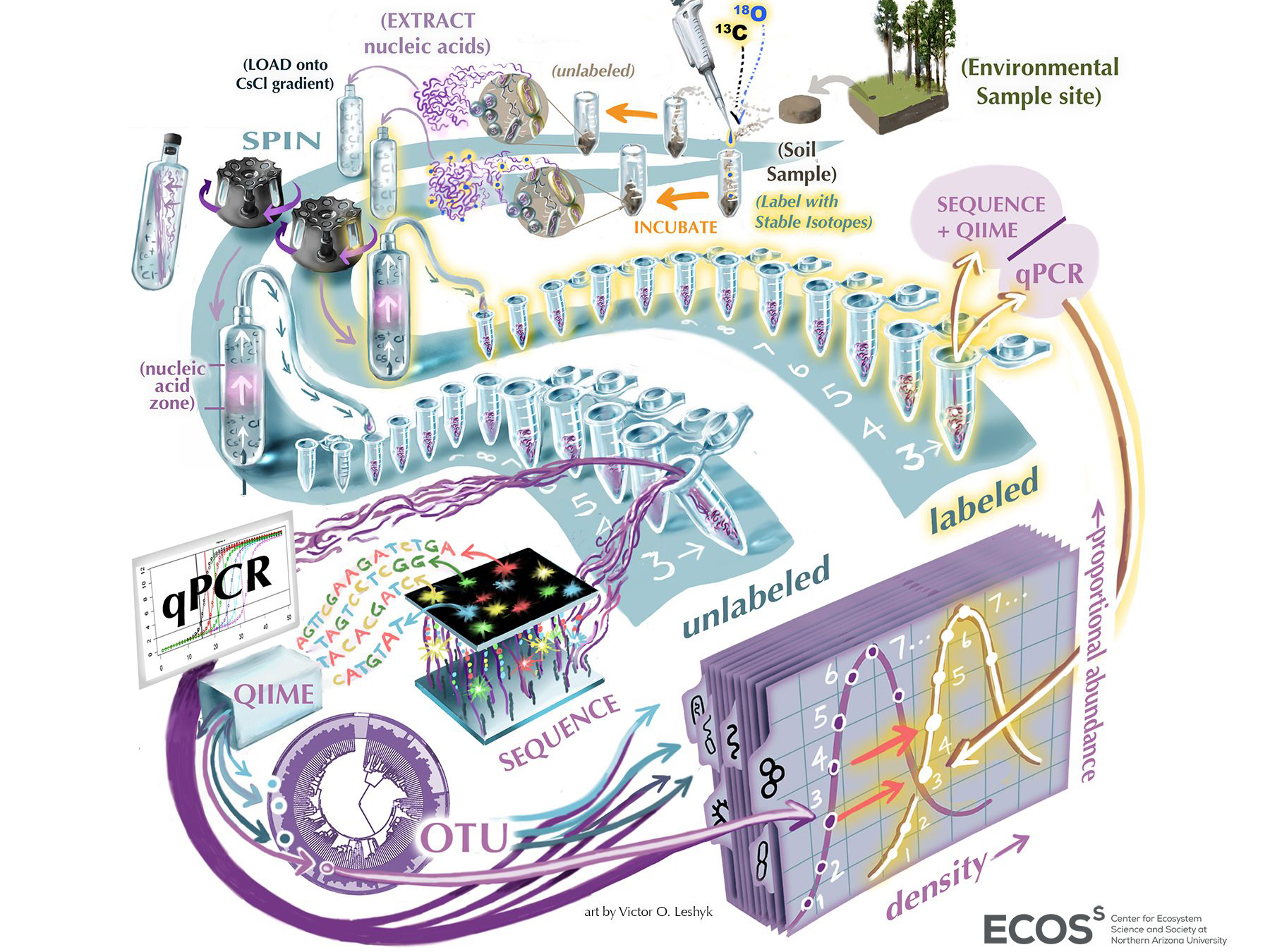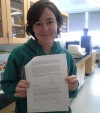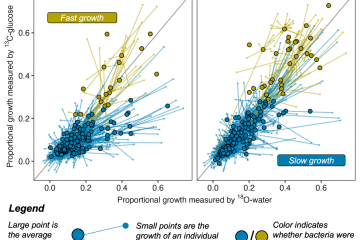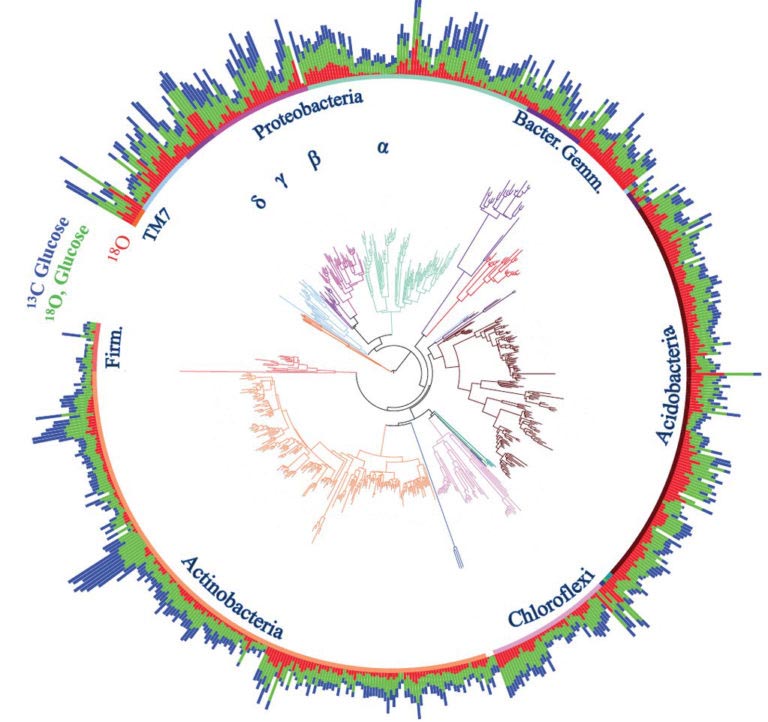Does a warmer future favor microbial friend or foe? Ecoss researchers win $3.4M to study interactions in changing soil
In 2002, the Odyssey probe discovered evidence of past ice on Mars. The U.S. Congress authorized the Iraq War resolution. The Anaheim Angels won the World Series. And in a meadow 15 miles north of Flagstaff, scientists began to monitor and move small plots of soil along a mountain gradient […]
